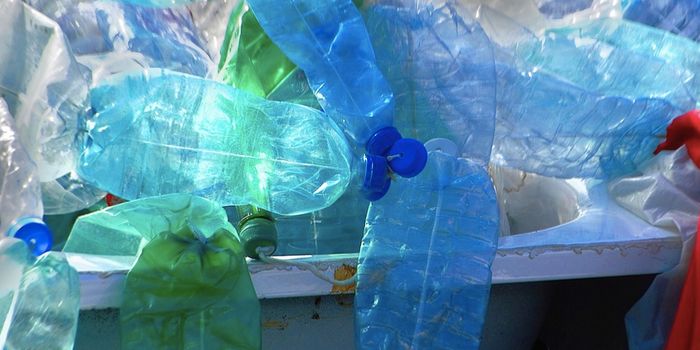The Little Things Matter: The Mental Impact of Social Distancing
Image: Metropolitian State University of Denver
The COVID-19 pandemic has caused social interactions, resources, and most aspects of daily life to halt indefinitely. Without the infrastructure that daily life provides, Americans are turning to their social network to fill the gaps. This means people are asking for more support from relationships where it would not normally be appropriate.
Researchers at Michigan State University are helping understand how our social network is impacted by the pandemic with evidence from their recent research. Though added responsibilities will strain some relationships, “...other obligations were linked with both greater support and less strain from family and friends initially,” Jeewon Oh, graduate student of MSU and co-author of a study of the recent study, said to MSUToday. Typically, familial and spousal relationships can support the most obligation, while relationships with friends and neighbors have a lower threshold for obligations.
For example, there is an obligation to keep in touch with friends and family, but this obligation is usually not burdensome. Easy obligations like this strengthen and verify the relationship. However, a larger obligation, such as borrowing or lending money, will cause more tension in a friendship than in a stronger familial relationship.
When large obligations amount to a financial burden, or disruption to daily life that does not match the perceived benefit of the relationship, the obligation will harm the relationship. The researchers found that regardless of the type of relationship, a tipping point occurs when the obligations become too costly or disruptive.
In this time of need, people may have to lean more heavily on neighbors or other typically low-maintenance relationships. Having flexible boundaries in desperate times will strengthen trust and value in a relationship, but be conscious of how accumulating obligations exhaust your personal mental health.
Source: Oh et. al., MSUToday









